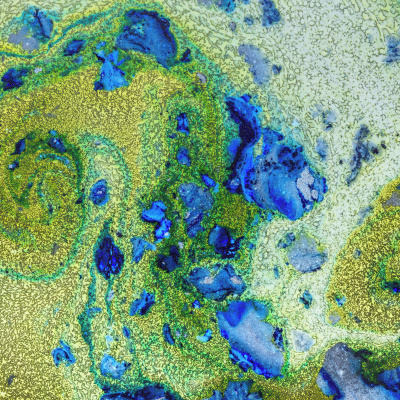Committing to reduce the environmental impacts of its research activities, Cranfield University has joined organisations in the UK research and innovation sector as a founding signatory to a new agreement on research and innovation practices.
The Concordat for the Environmental Sustainability of Research and Innovation Practice represents a shared ambition for the UK to continue delivering cutting-edge research, but in a more environmentally responsible and sustainable way. Cranfield University joined leaders in the sector on the Concordat Oversight and Approvals Board to develop the new agreement.
The Concordat supports the UK government’s commitment to achieve net zero by 2050 and will commit signatories and supporters to progressively embed sustainability into all their research and innovation practices.
Pro-Vice-Chancellor for Research and Innovation at Cranfield University, Professor Leon A. Terry, welcomed the development: “Research has a critical role in understanding how our planet is changing, and in creating solutions to the environmental challenges we face. But it’s important that we as universities ‘walk the walk’ when it comes to sustainability; finding low-carbon approaches, being transparent about the impacts of our research; and in committing to improving practices to minimise our own environmental footprint. We are proud to be a founding signatory on this new Concordat.”
As a signatory, Cranfield is committing to the six priority areas outlined in the Concordat:
1. Leadership and system change
2. Sustainable infrastructure
3. Sustainable procurement
4. Emissions from business and academic travel
5. Collaborations and partnerships
6. Environmental impact and reporting data
The voluntary Concordat is aimed at all organisations in the research and innovation sector, with more than 25 organisations involved at launch. Developed through extensive consultation with organisations across the UK research and innovation landscape, the ambition with the Concordat is to create meaningful long-lasting changes that reduce the environmental impacts of research.
Wellcome is hosting the concordat on its site providing information on how to join, alongside a regularly maintained list of signatories and supporters. The EAUC will provide the secretariat function for the concordat's signatories. A new oversight group will be formed to co-ordinate a review of the content and impact of the concordat in line with new innovations in sustainability.


